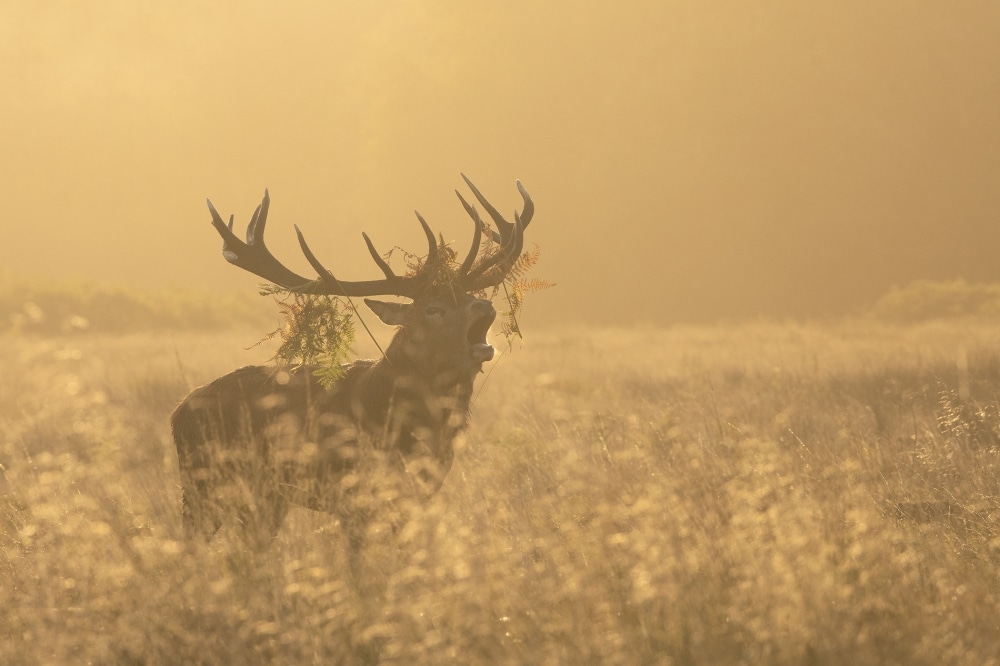I have been a photographer for over 30 years now, and working at it professionally for around 25.
I was always interested in the visual arts at school, but I didn’t start to take photography seriously until my early 20s. At the time I had a cheap compact camera that got dropped into the sea in Majorca, which of course ruined it! So I decided to buy my first decent camera, which encouraged me to learn more about photography. I became completely hooked and have had a lifelong love of photography ever since.
There are so many things about being a professional photographer that I love. The creative challenges involved in creating a good image, watching wonderful light paint a landscape, meeting like-minded people, and experiencing wonderful natural events such as a beautiful sunrise, or a wildlife event that I wouldn’t have had the chance to witness if it hadn’t been a photographer.
I love both wildlife and landscape photography, so it’s very hard to pick a few favourite places to shoot.
When it comes to wildlife photography, I love shooting at coastal locations. We have so many great seabirds and waders in the UK. Bempton Cliffs in Yorkshire takes a lot of beating when it comes to photographing seabirds.
I’m visiting Cairngorms National Park this winter, which I’m very much looking forward to. Hopefully, I’ll be able to photograph mountain hares and ptarmigan in the snow.
For landscapes, I love East Anglia’s big skies, the Yorkshire Dales, Brecon Beacons and the Alps.
There are so many places I’d like to visit to take pictures, including Africa and its amazing wildlife. Finland is also high on the list. It’s a great place to photograph brown bears, but for landscape photography it would be Norway, along with Iceland and Yosemite in the States.
I’m excited about my upcoming photography course at Hever Castle because it’s such a brilliant location for photography. I did my first one there last summer after Harriet Waldron – who is the Learning and Engagement Assistant at Hever Castle and works with outside organisations such as the RHS and schools to organise tours and courses – asked if I would be interested.
So when she got in touch again and asked if I’d be interested in running another course, I jumped at the chance!
In order to capture truly fantastic shots I would firstly say know your equipment inside out, as when the wildlife action starts you don’t have time to mess around with camera settings!
Secondly, really get to know your subject, as the more you know about the animal you are photographing the better your pictures will be.
I really love passing on the knowledge I’ve gained over the last 30-odd years, but the thing I like most about running a photography course is seeing people gain confidence in how to use their cameras, and, more importantly, helping them to see the world in a different way.
By the end of the day they will see the world through a photographer’s eyes, which is great for taking better pictures, but also, I believe, enhances our everyday lives.
The Hever photography day is split between learning the technical aspects of photography – such as controlling depth of field, what shutter speeds to use and how to use the camera’s menu and settings – alongside the artistic aspects of photography. We will also look at composition and how to use light to create impact and mood.
The only other thing I would like to add is that all my photography courses have a very relaxed atmosphere. Photography should be fun, and I work really hard to make my photography days both fun and informative!
If you want to attend the Steve Hedges photography workshop at Hever Castle on February 15, which costs £80 per person, visit hevercastle.co.uk








